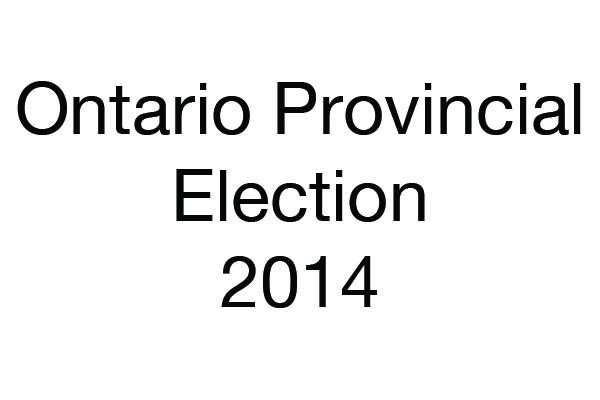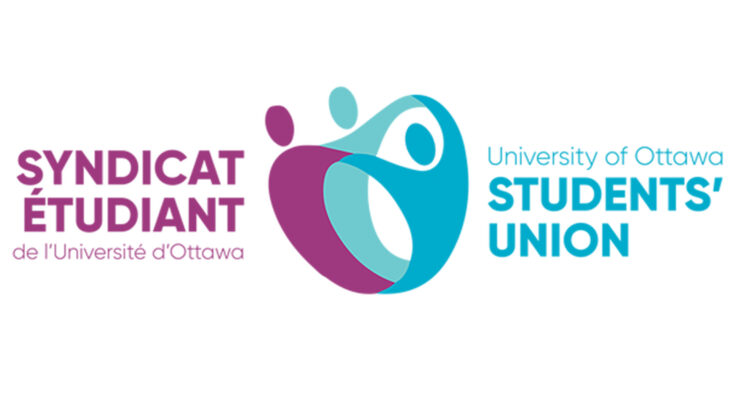Mona Fortier prioritizing affordable housing, fighting climate crisis
This interview is part of our series of articles profiling the Ottawa-Vanier candidates in the upcoming federal election on Oct. 21. Each candidate was asked the same set of questions. Answers have been edited for length and clarity.
Incumbent Member of Parliament Mona Fortier has been in office for two years following her victory in a byelection that was called when then-MP Mauril Belanger passed away.
The Liberal Party has held this riding since its creation (then called Ottawa-East) in 1935. Previously, Fortier served on various boards of directors including that of the Montfort Hospital and on the provincial advisory committee on francophone affairs.
The Fulcrum: What do you want voters to know about you?
Mona Fortier: I need to share the fact that as an entrepreneur, as a mother of three, as a University of Ottawa graduate, and also as an active volunteer in my community, I’m offering all of that expertise and talent to represent the people of Ottawa-Vanier in the House of Commons. I’m hoping to have a second mandate to continue the work that I’ve started and to continue the conversations and the dialogue I’ve been having with the Ottawa-Vanier residents since I started.
F: How do your background and past experiences make you qualified to be a MP?
MF: I’ve worked a lot with non-profit organizations on social justice. So for minority rights, such as the French language rights in minority settings. I wanted to make sure that I knew how to contribute, be an active citizen, and push for social justice. When I started to work, I decided to support non-profit organizations and accompany them in outreach programs in working with government, with the municipal, provincial, then federal levels to make sure that they got access to programs or policy development.
I understand the work of the government, so I know how to work with the government. As an MP, I can continue that work. As a member of the minority group of the francophone community, I do believe in a strong linguistic duality in the country. I’ve been pushing very hard to help Canadians have access to services in both official languages or even training in both official languages. That’s something that I’ve been working on for more than 30 years. As an MP, I can be an advocate for the francophone community, and anglophone in Quebec, to demonstrate the importance to have a country that has the two strong official languages in different sectors; justice, health, economics.
F: Why did you decide to run under your party?
MF: I started to get involved with the young liberals when I was in university. That’s how I realized that my values were to have strong leadership, progressive support, and social justice, and I was really aligned with the values of the party. We were, as young liberals, all the time actively asked ‘What can we do to be a better country, how we can help create jobs?’ I participated in developing policies that got to platforms in different governments. I just developed the passion of wanting to be part of a public role. Then our predecessors in Ottawa, Mauril Belanger, passed away after 21 years as the riding’s MP. I wanted to continue, not only the work that he had done but also give my chance to be the first woman to be elected in Ottawa-Vanier. I wanted to represent the great diversity that we have in Ottawa-Vanier because Ottawa-Vanier represents a kind of the social fabric of Canada. We have so much diversity, and that is something that I’m very proud of.
F: What are your plans for improving this riding by use of federal powers?
MF: One very big concern for me is climate change and the environment. I believe that in the past four years, under the Trudeau government, there’s some work that has been done to move the needle on the environment and climate change, but we need to do a lot more. I believe we have a plan that will make sure that we have balanced the economy and the environment, to make sure that we reduce the emissions and make sure that we no longer have to be scared of the future.
The other thing that was really important for me is to continue to build on the narrative and actions to demonstrate that pollution is not free. We have to put a price on pollution and make sure that we invest in the proper innovations to reduce our emissions. Another mandate that we’ve given ourselves as a government, and if re-elected we can push harder on this, is to ban single-use plastics by 2021. We need to move quickly to encourage not only businesses but even Canadians to find new ways of using products to avoid single-use plastics.
The second priority is housing. For me, as much for students or for young families or even for seniors, barriers to housing is a big reality. We need to find affordable housing, we have to find a way for people to be able to buy their first home. So that is something that we’ve proposed and will continue to work on. We are going to continue to push on the housing strategy to make sure that one community like Ottawa-Vanier has access to more units that will serve the big problem that we have in wait times to have access to affordable housing.
Active transportation is another priority that touches partly on the environment, but also the fact that in Ottawa, as you know, we just launched the LRT. We need to find ways to have fewer cars on the road and better transit to make sure that people can spend more time with their families than in a car or bussing to go to work.
F: How will your plans address issues that affect young people and students?
MF: When I started about three years ago campaigning in Ottawa-Vanier, the first group that I did meet were students at the University of Ottawa. I hadn’t really realized mental health is a big, big reality for students, more so nowadays than in my time where there was more of a stigma around talking about it. So today, I understand that there is really a need to increase mental health services to students and on campus. That is something where the federal role is to really partner with provinces to make sure that some money is targeted for mental health services helping the people that need it most. Students are one of the groups that had really identified the lack of mental health services on campus, and not only at the U of O but also at La Cite, Carleton University, St. Paul University and Algonquin College. This is something that I care about, helping find ways to deliver more opportunities for the campus and different organizations supporting students with mental health issues.
The other priority for students is skills. I think that today, students need to find ways to have experience and to have experiential learning. So making sure that we earmark some funding to help students have access to that experience through experiential learning, co-op placements, or internships.
F: Any final statements?
MF: There’s a big conversation happening right now, in Canada, in the world, on how we can move forward, how we can be more progressive, how we can be a leader, to make sure that Canadians progress and have a good economy. For the past four years, we’ve created more than one million jobs. We have the lowest unemployment rate since 40 years. We have an economy that is strong and continuing to grow. We can continue to move forward for the next four years and build on what we’ve gained in the last four. I’m hoping that students will want to work with us to push on that and have a better future for all of us. So I’m hoping to have that support, to be able to work with students and all other stakeholders, municipal and provincial governments to make sure that we do lead as a country but also in the economic and climate and environment challenge that we have at this time.
Read More:
- Ottawa-Vanier independent candidate wants to see change in voting system
- Ottawa-Vanier Green Party candidate looks to reduce poverty, homelessness
- Ottawa-Vanier NDP candidate focuses on the future generation
- Ottawa-Vanier Communist Party candidate looks to fight poverty, tax the rich
- Ottawa-Vanier PPC candidate looks to confront opioid crisis
The Fulcrum will be publishing other Q&A’s from other candidates in the Ottawa-Vanier federal election. The Fulcrum reached out to the Conservative Party of Canada candidate, Joel Bernard, and the Marxist-Leninist Party of Canada, Christian Legeais, but neither responded to requests for an interview.




